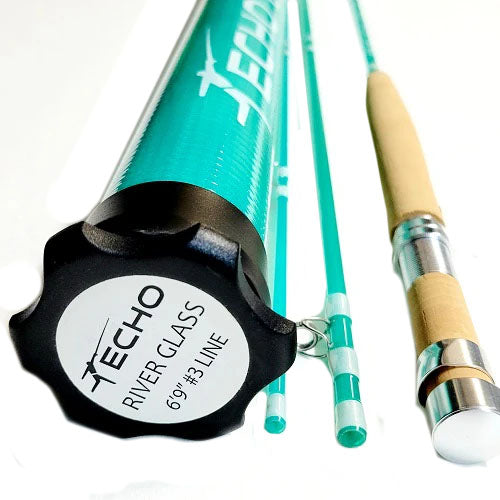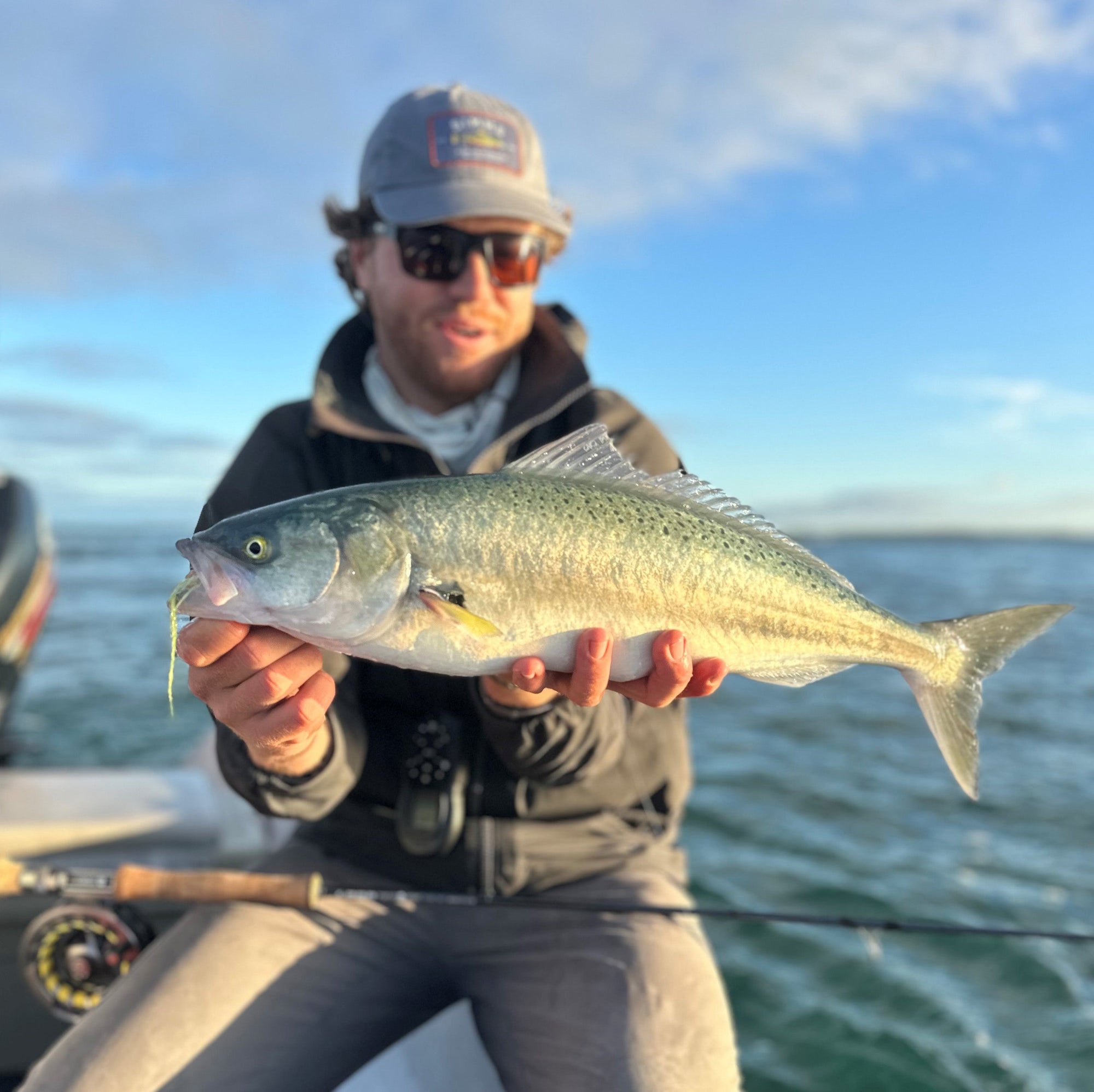Saltwater flyfishing, what a whole lot of fun that can be! Big fish, warm weather, sun and salt, what more do you want!
One of my favorite things about saltwater flyfishing is the simplicity in gear that is required. You can fish all day in most cases with the same fly pattern and catch many different species, depending on where you are. However Saltwater flyfishing can be very taxing on gear. It is not uncommon for people on a remote saltwater fishing trip to take one or a few spare rods.
Many saltwater species are known to be very explosive in their fights. Pair this up with a rough environment and big heavy dumbbell eyed flies, and you have yourself a great equation for many broken rods.
A good method to avoid being rod less on your trip away, when your rod gets shattered unfortunately, is to have a backup rod or three in your quiver.
Not everyone will want to buy to two rods in the same weight, however it is a very good idea to do so, especially if you plan on doing a lot of saltwater fishing. There are some great cheaper rod options on the market at the moment that will work great as a back rod, even some that come with spare tips!
Airflo used to make a few cheaper end rods that are fantastic for a beat around the bush saltwater rod option. One of these particular rods is called an Airflo Beast, and it is a great fly rod as a backup or even a first-choice rod. Available weights include; 8, 9 and 10wt. Attached here is a link with a video showing how smooth and effortlessly they cast.
Why you need an 8wt; If you plan on fishing for jacks, bream and smaller inshore saltwater species among the mangroves, rock bars and on the sand flats, with smaller flies, then an 8wt is a great choice.
Why you need a 9wt; If you plan on fishing inshore and some off shore, chasing some bigger fish species like permit, mackerel, bigger barra etc. then a 9wt would be a good choice. It is perfect for those inshore spots where you just don’t know if you’re going to hook a 1 kg or a 30kg fish.
Why you need a 10wt; If you plan on spending more time off shore or along the coast hunting larger fish species then you will want at least a 10wt, especially if you plan fishing for larger mackerel, and trevally species etc.
The Freshwater Fisher.
If you are an inland fisherman fishing the impoundments and rivers for barramundi or cod, then these rods are also a great option. The 8wt varieties are ideal for the smaller river fishing scenes where you commonly run into smaller specimens and there usually isn’t as much wind.
However, if you spend more time fishing impoundments, then I would recommend going for a 9 or 10wt. The heavier rod will allow you to cast bigger flies with ease, especially on windy days, as well as have more grunt to stop the bigger fish. The 9 and 10wts are also good options in the rivers, as they make casting big flies easier, and because you never know when that meter fish will turn up!
check out the range here.


